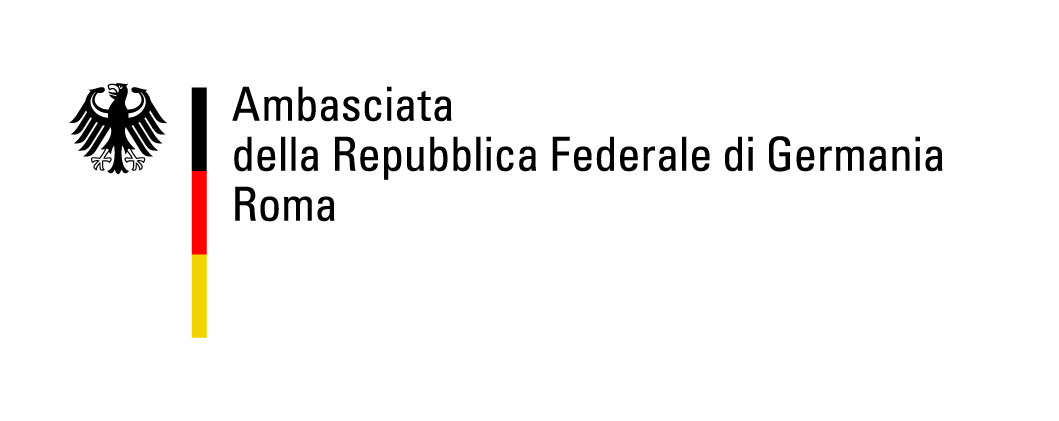Because we know little about it
The lack of knowledge about the impact of fascist prisons in deportation and the thousands of people who were imprisoned there for ‘non-crimes’ is in some ways ‘daughter’ of the approximation with which we in Italy know what fascism really did.
Just to mention a few figures, at the end of World War II we find at least half a million dead and about a million Italians deported to Nazi camps. Without neglecting a war not ‘made by mistake’ but the ultimate goal of the regime, which had initiated changes in the international chessboard by invading African states in the 1930s.
And then, before the war, individual freedoms denied because of a repression that persecuted, beat and sent to prison or confinement-if not killed-those who dissented, total absence of democracy, liberticidal laws and ‘rights’ at the discretion of whether you were a fascist or not.
All under the watchful eye of Ovra, the ‘Italian Gestapo.’
To paraphrase Antonio Scurati’s book, fascism was “The Evil of the Century,” inspiring regimes such as the Nazi and many other far-right regimes scattered across Europe that later joined the Axis in its attempt to dominate the continent and led to World War II and the killing of millions.
Yet in Italy we find it hard to declare ourselves anti-fascists and condemn fascism outright. Indeed, we often idolize it despite the fact that anyone living there today-after having known democracy-would probably be its bitterest opponent.
Leaving aside barroom talk, so many Italian politicians-even top authorities-have busts of Mussolini in their homes, consider the Duce “a good politician,” or speak of a phantom “libertarian spirit against authority” that would have manifested itself during Fascism, as said in December 2024 by an Italian vice-minister.
Not to mention the innumerable gadgetry present with references to the Ventennio, from busts to loincloths, that can be found in towns like Predappio where fascism is a millionaire’s business or the ‘gatherings’ of nostalgics that are repeated cyclically in Italian streets and squares.
And the paradox is that it is a ‘dreamed past’ since anyone who ‘manifests’ or speaks well of it in Italy today was not yet born when the regime was there. A regime that is portrayed as something ‘rose-water’ and honest, where there was no delinquency, despite the fact that it was one of the most corrupt periods and with no possibility of knowing what was going on given the non-freedom of the press, of Italy’s history.
A short circuit due to many shortcomings, including that of an Italian Nuremberg, of a condemnation of the crimes done by the regime and the people who helped keep it in place, who then often remained in their places in republican Italy. A failure to try fascism, also not done for ‘political expediency’ and not to admit that if we were the first allies of Nazism and used practically the same methods, we could not have been so good.
Audio Insights
More than 80 years after the fall of the regime, people in Italy are still talking about fascism. Many wonder if there is a risk of the return of dictatorship and a regime whose crimes have never been fully addressed. Through interviews with historians along with the stories of two men ‘on the opposite’ side of the fence as one was a partisan and the other a fascist spy and torturer, we try to understand why even today Italy has not come to terms with fascism and what it really was.
Interview with Aldo Cazzullo,
journalist and historian (transcript)
la storia del padre di Andrea Pennacchi
Intervista ad Andrea Pennacchi,
attore e drammaturgo (transcript)
Intervista a Francesco Filippi, storico (transcript)
Interview with Filippo Focardi,
professor at the University of Padua (transcript)
The story of Sergio Menin.
Interview with Marco Menin, son of Sergio Menin (transcript)



